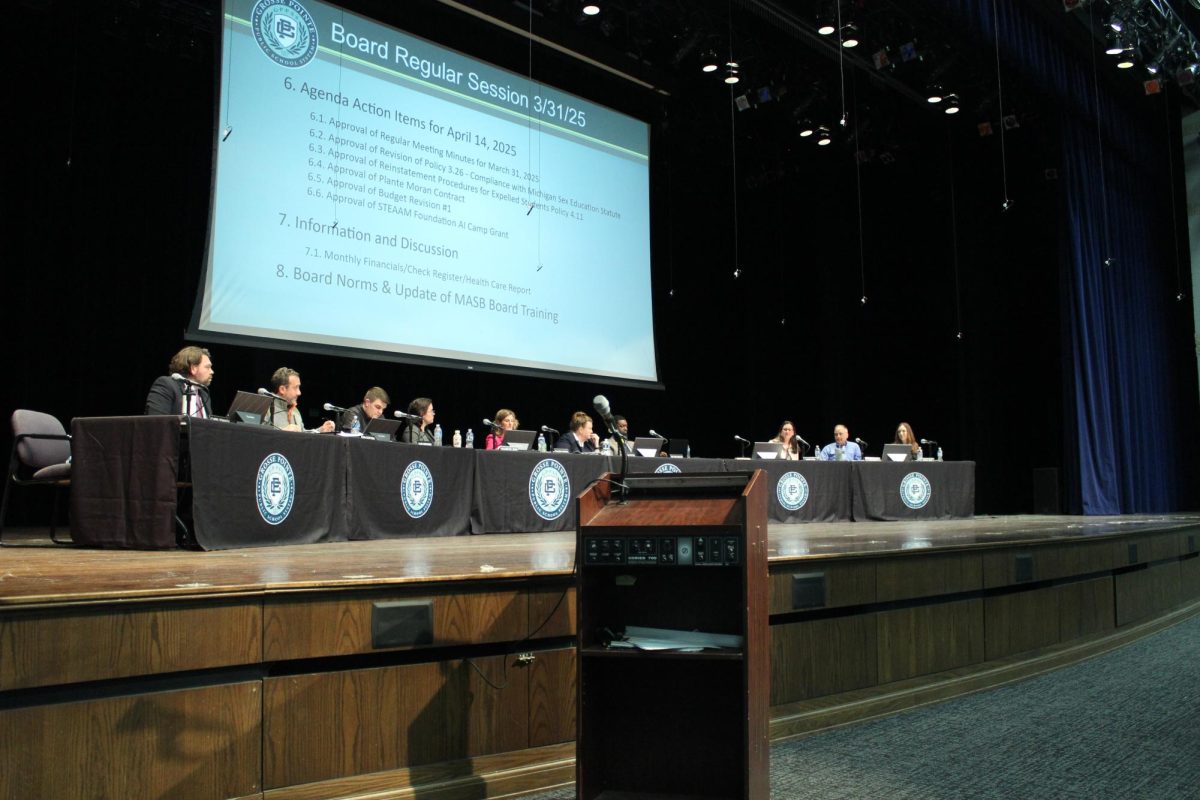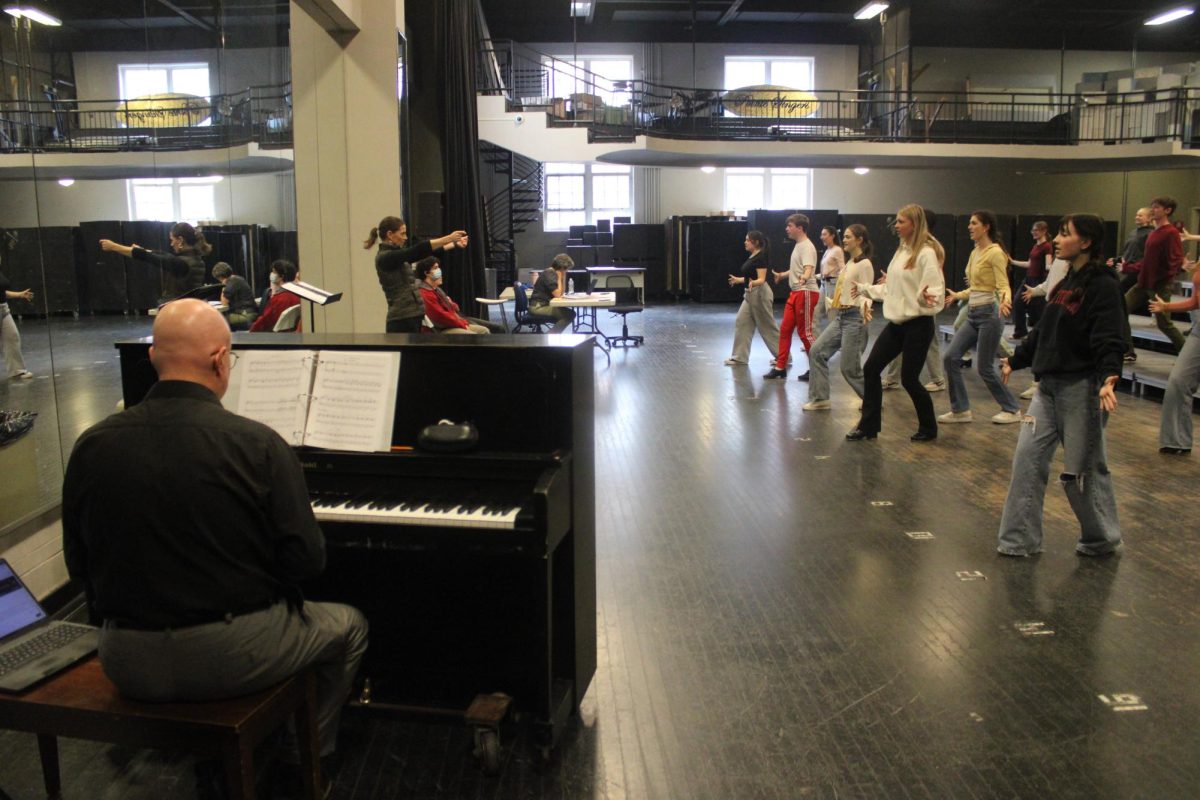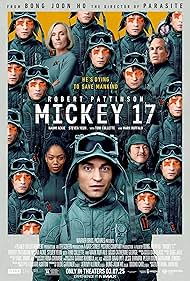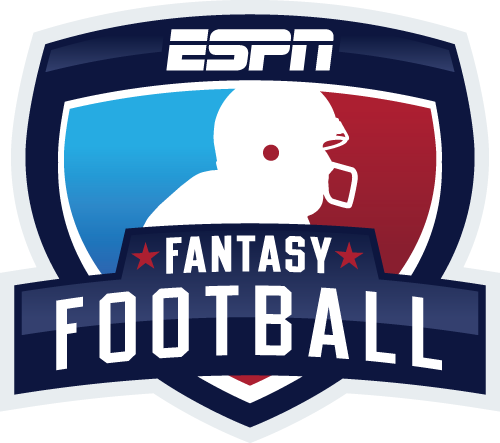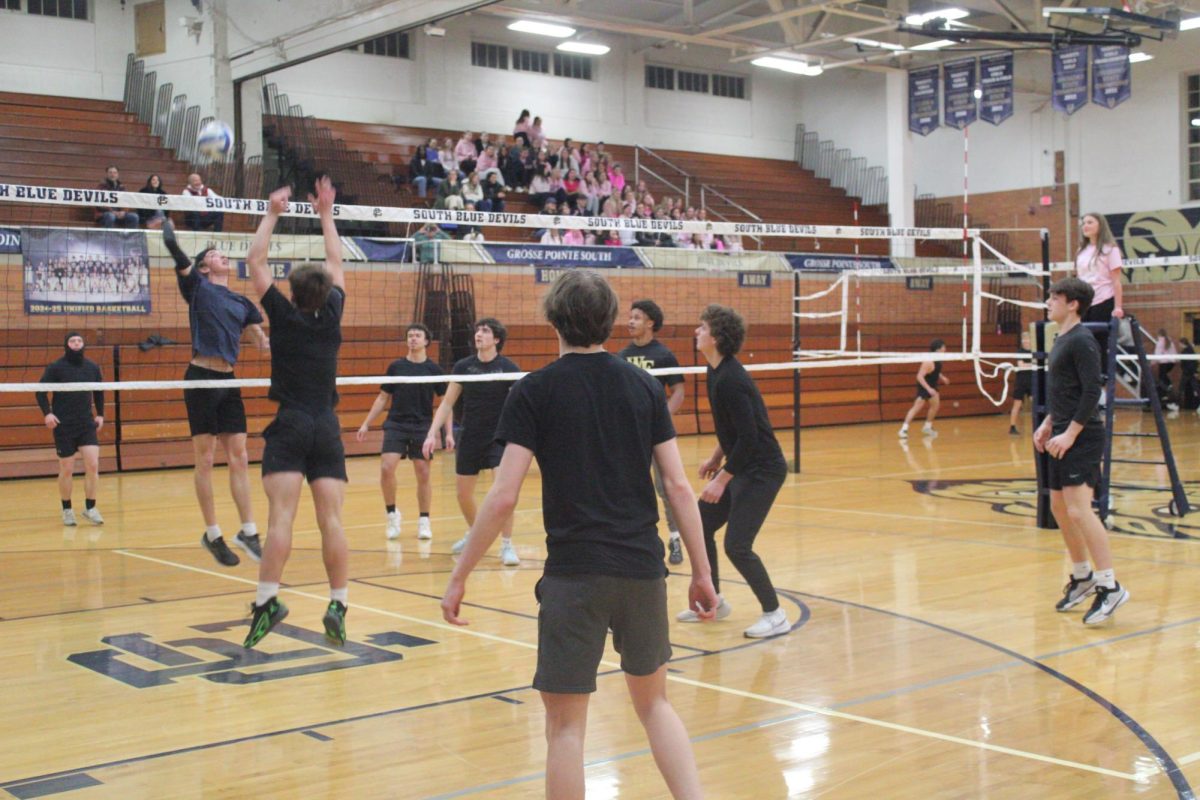By JD Gray ’16 | Staff Writer
Without fantasy football, what would friends talk about, the weather?
I love fantasy football, every year I manage at least two leagues. It’s a great way to fill up the dull cloudy days that take over during the cold months.
If you already play fantasy football, I recommend skipping to the # symbol below.
For anyone who does not know what fantasy football is, it is actually a simple concept. It can’t be too complicated if almost every single middle aged man in America considers themselves an expert. If you don’t play fantasy football, you probably hear people rambling on about player’s stats all the time, and have no idea what they are talking about.
In Fantasy Football you choose individual players from a variety of teams, and you get points based on their performance, instead of cheering for your single favorite team. If you have the Detroit Lion’s Calvin Johnson, the best receiver in the NFL, and he scores a touchdown, you get points for your team. But if you don’t have the Lions running back, and he runs into the endzone, you get no points.
Each year before the NFL season starts, someone in your friend group has to step up and take the role of commissioner of the league. Some people love the power that the commissioner holds because they have the final say on all disputes and trades (which i will explain later). The commissioner is responsible for sending e-mails or texts to everyone who they want to join the league. Here is a quick example: almost every year I join a league with the people that work in my dad’s office. It is a relatively small business with only 9 employees, so everyone is invited (at a bigger workplace you might have to send out your invitations a little more selectively because a league with too many people can become crowded). the average league size ranges from 8 to 14 people, but a league with 10 to 12 will be better.
In addition to the people at the office, some outside friends are allowed to join, one of them being me. Usually there is a dispute about who will be the commissioner every year, just because it is extra work that no one wants added to their plate. About two weeks before the NFL season started our commissioner texted me with a link that gave me permission to join the league.
I usually play on the ESPN app, but there are a few other options. Once everyone has joined the league, you can decide if you want to add money into the league to make things more interesting. In this office league we did a $20 buy in. Since we have 12 people in our league the winner will get $220, and the second place will get their money back, $20.
Once all this is organized, you can set a draft date. Most leagues do a snake draft, where the draft order is randomized, and then whoever has the first pick in round 1, then gets the last pick in round 2, then the first pick in round 3. Whoever has the 2nd pick in round 1 gets the 2nd to last pick in round 2 and the second pick in round 3, and so on.
# Now for some drafting strategy. There are 32 teams in the NFL, this means there are 32 starting running backs, and really only about 12 that score a lot of points. This means that you usually want to draft a good running back in your first round. When drafting, the fantasy gurus that run the whole deal set up a system that shows the projected draft order of every player. They line up each player by how desirable they think that person will be.
Through my years of drafting, I have learned that the people who set this up are probably a lot more knowledgeable than I am, so i try to stick pretty closely to what the computer says. The only exceptions that should be made are the following. Fill up your starting positions before you get backups. Most leagues have 1 QB spot, 2 RB spots, 2 Wide Receiver (WR) spots, one Tight End (TE) spot, one Defense and Special Teams (D/ST), one Kicker (K), and one FLEX spot that can house a TE, RB, or WR. For example, it is important to draft at least 1 WR before you draft a second QB.
The next exception to following the auto draft projections is to know when a particular player is just a winner. A perfect example of this is probably my best draft pick ever: Tom Brady, QB for the New England Patriots. Coming into this season, Tom Brady was fighting 4-game suspension for the Deflategate scandal during our draft. For this reason he wasn’t projected to be drafted until after the 100th pick, when he would usually be around 30th. Going into the draft, I saw this and I thought to myself that even though Tom Brady was having difficulties, he is just a winner, and there is no way around it. I drafted him around 70th pick, with a few people questioning me. However, two weeks later when his suspension was lifted, and i had just drafted one of the best QBs in the league twice as late as he would usually go, I knew that I had made the best choice I could make.
Knowing that someone is a winner can outway their stats, their current situation, and almost any other thing you can think of. Here are some of the top “winners” for fantasy football: Tom Brady, Marshawn Lynch, Seahawks D/ST, Rob Gronkowski, Aaron Rodgers, and Peyton Manning.
Once you have your team, you have all season to manage, pickup players off of the waiver wire, and make trades with the other managers in your league. Every week begins with a Thursday night game, followed by the majority of games on Sunday, and ends with another single game Monday night.. Before the games begin it is important to set your lineup.
Important things to look at when setting your lineup are, bye weeks, who and where your player is playing, and injury reports.
Every team in the NFL has one bye week, where theydo not have a game. If you have a player with a bye week and you forget to swap them onto your bench, they will be in your starting lineup and will be guaranteed to score 0 points. Because of that, it is better to play anyone than to let a player on bye week start.
The fantasy football football gurus know a lot but they can’t predict the future with 100% accuracy. There will always be players than no one expected to do anything that are important pickups. For example, a player who is the 3rd string RB on a team that only splits carries between the 1st and 2nd string RBs will be seen as a terrible player to have on your team. That is of course, until the 2nd string RB is injured and all of a sudden he is splitting the carries for his team in every game. Another good use of the waiver wire is swapping out your K and D/ST. These two positions have scores that change a lot based on who they are playing against, so unless you are able to draft one of the elite kickers like, Tucker, or Gostkowski, you might want to change out your kicker for one on the waiver wire that is projected more points. The same goes for D/ST, unless you got the Seahawks D/ST, ot the Cardinals D/ST, it might be a good idea to get the D/ST off the waiver wire that is playing a really bad team like the New York Jets.
Also in the field of waiver wire pickups, is replacing players with a bye week. Sometimes a team will not have two QBs, because they chose to use their draft picks to get backups for other positions like RB. Because of this, if your QB has a bye week, there is a good chance you will have to pick a random one off the waiver wire. As always it is very important to see where the player is playing at. It is better to get a QB who is at home facing a bad team like the the Tampa Bay Buccaneers, than a QB playing a team with great defense like the Seattle Seahawks, at Seattle’s home stadium.
A good manager is more than waiver wire scouting, and matchup studying though. A truly skilled manager will know how to propose and push through dually beneficial trades. Side note here: every league has at least one or two people that can be accurately identified as “The Trapist”. The Trapist is a person in the league that will propose trades that are very one sided and unfair. They try to use their superior football knowledge, and smooth talk to try and coerce the weak links of the league to take trades that are not fair.
Don’t be The Trapist. Only propose a trade if you could see yourself taking the trade from the other side.
Closing statements: draft winners, watch what teams are matching up, don’t be The Trapist, WIN. Some people say it’s all about having fun, but for me, winning is fun.

